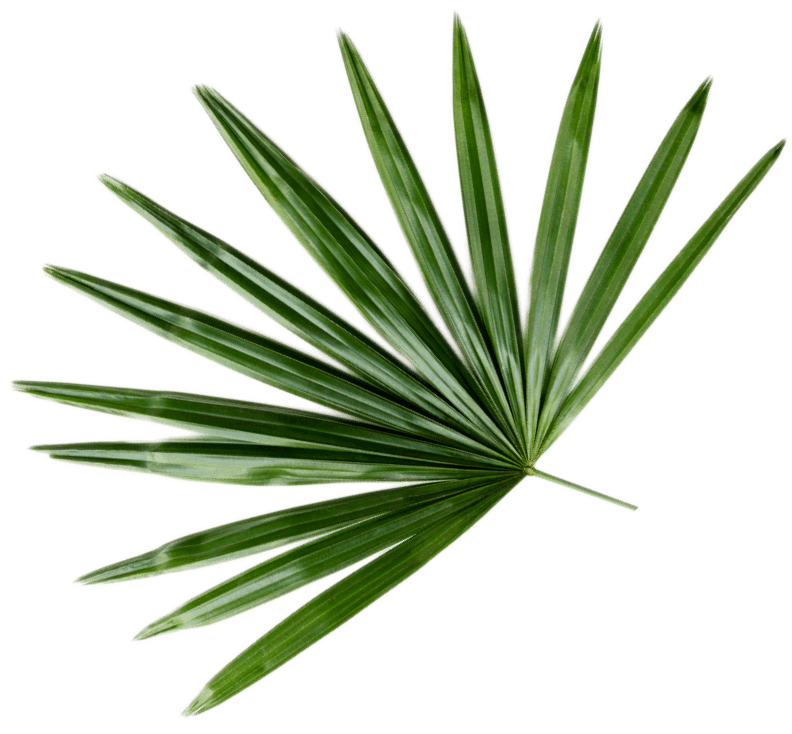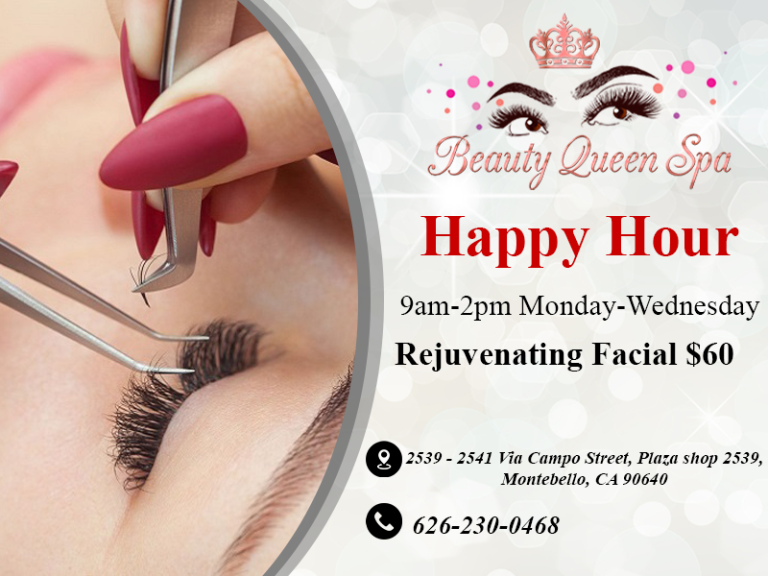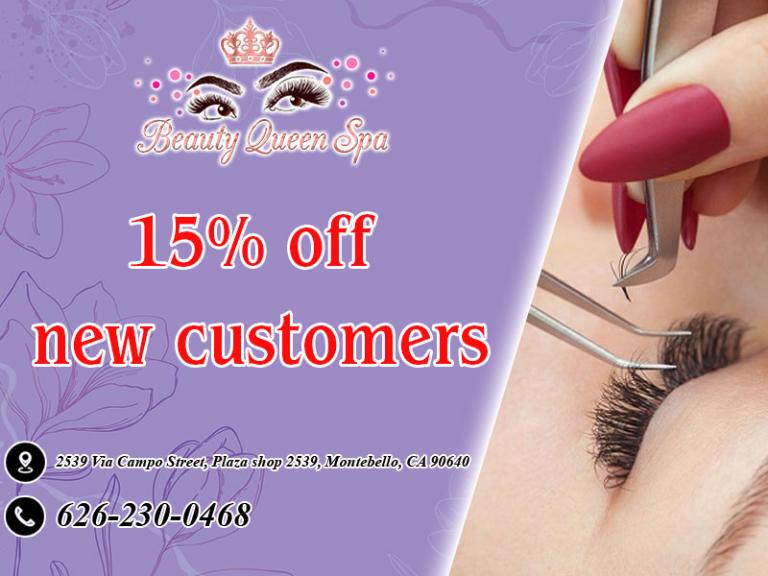The scalp is an essential part of our overall hair health. While it’s often taken for granted, the scalp plays a crucial role in hair growth and maintaining healthy hair follicles. However, many individuals might find themselves wondering, “Why do I have scalp on my head?” If you’ve ever experienced irritation, dryness, or any abnormal symptoms on your scalp, you’re not alone. Understanding what’s going on with your scalp can help you find solutions and maintain a healthy head of hair.

What is the Scalp?
The scalp is the skin that covers the upper part of your head, from the hairline down to the nape of your neck. It’s rich in hair follicles and oil-producing glands that keep hair moisturized. The scalp also plays a vital role in protecting your brain and other critical structures. Keeping the scalp healthy is crucial for supporting healthy hair growth and preventing various scalp issues.
Key Components of the Scalp:
- Hair Follicles: The tiny structures that produce hair. These follicles are embedded in the skin of your scalp.
- Sebaceous Glands: These glands secrete oil (sebum) that moisturizes the scalp and prevents hair from drying out.
- Blood Vessels: A healthy scalp needs good circulation to nourish the hair follicles and support growth.
Common Scalp Issues
Your scalp can experience a variety of issues, which may lead you to wonder what’s going wrong. Here are some common reasons you might experience scalp discomfort or notice unusual changes:
1. Dry Scalp
- Cause: A dry scalp occurs when there is insufficient moisture on the skin of the scalp. This could be due to environmental factors like cold weather, excessive washing, or the use of harsh hair products.
- Symptoms: Flaking, tightness, irritation, or itchiness.
- Treatment: Use moisturizing shampoos, hydrating oils (like coconut or argan oil), and avoid overwashing your hair.
2. Oily Scalp
- Cause: An oily scalp happens when the sebaceous glands overproduce sebum, which is the natural oil that lubricates your scalp and hair. This is often linked to genetics or hormone imbalances.
- Symptoms: Greasy hair, clogged hair follicles, dandruff buildup.
- Treatment: Use gentle, clarifying shampoos designed to balance oil production and avoid heavy, greasy styling products.
3. Dandruff
- Cause: Dandruff is characterized by the shedding of dead skin cells from the scalp, often due to fungal growth or an overproduction of skin cells. It’s usually caused by an overgrowth of Malassezia yeast, which feeds on the oils on your scalp.
- Symptoms: White flakes in your hair or on your shoulders, scalp itching, and redness.
- Treatment: Use an anti-dandruff shampoo containing ingredients like zinc pyrithione, salicylic acid, or ketoconazole.
4. Scalp Psoriasis
- Cause: Scalp psoriasis is an autoimmune condition that causes skin cells to build up quickly, leading to the formation of thick, silvery scales. It’s similar to other forms of psoriasis found on the body.
- Symptoms: Red patches with thick scales, itching, and possible hair loss due to severe irritation.
- Treatment: Consult a dermatologist for prescription treatments like topical steroids, shampoos with coal tar, or phototherapy.
5. Seborrheic Dermatitis
- Cause: Seborrheic dermatitis is a common inflammatory skin condition that affects areas with many oil glands, including the scalp. It can result in greasy, yellowish flakes.
- Symptoms: Itchy, inflamed, and flaky scalp, redness around the hairline.
- Treatment: Anti-fungal or medicated shampoos, gentle cleansing, and moisturizing your scalp with non-irritating oils.
6. Hair Folliculitis
- Cause: Hair folliculitis occurs when hair follicles become inflamed, often due to bacterial infections. It may be caused by shaving, sweat, or the use of irritating hair products.
- Symptoms: Small, red bumps on the scalp, itching, and possibly pus-filled bumps.
- Treatment: Cleanse the scalp regularly, apply warm compresses, and consult a dermatologist for antibiotics if needed Scalp on My Head.
Possible Factors Contributing to Scalp Issues
Several factors contribute to scalp health, and they can either improve or worsen your condition:
1. Poor Diet
- A diet lacking in essential vitamins and minerals can negatively affect your scalp health. Nutrients like zinc, vitamin E, and omega-3 fatty acids are crucial for maintaining a healthy scalp.
2. Excessive Product Use
- Overuse of styling products, such as gels, waxes, and hairsprays, can clog the pores on your scalp, leading to irritation, acne, or dandruff.
3. Stress
- High levels of stress can trigger hair loss and exacerbate scalp issues like dandruff or seborrheic dermatitis.
4. Hormonal Changes
- Hormonal fluctuations during pregnancy, puberty, menopause, or due to medical conditions can affect oil production on the scalp, leading to dry or oily Scalp on My Head.
5. Climate and Environmental Factors
- Harsh weather conditions like extreme heat, cold, or pollution can dry out or irritate the scalp, leading to discomfort and flakiness.
How to Maintain a Healthy Scalp on My Head
Taking good care of your scalp is crucial for long-term hair health. Here are some tips to keep your scalp in great condition:
1. Regular Cleansing
- Clean your scalp regularly to remove excess oils, dirt, and dead skin cells. Use mild shampoos that match your scalp’s specific needs.
2. Moisturization
- Just like the skin on your face, your scalp needs hydration. Use oils like coconut oil, tea tree oil, or jojoba oil to keep your scalp hydrated.
3. Avoid Heat Styling
- Excessive use of heat tools can damage your hair and scalp. Try to limit their use and always apply a heat protectant before styling.
4. Use Gentle Products
- Avoid using products with harsh chemicals like sulfates, parabens, and alcohols, which can strip moisture from your scalp and hair.
5. Massage Your Scalp
- Regular scalp massages help improve circulation, which in turn supports healthy hair growth. Use your fingertips to gently massage your scalp for a few minutes each day.
When to See a Dermatologist
While most scalp issues can be addressed with at-home treatments, there are times when professional help is necessary. See a dermatologist if:
- Your scalp condition doesn’t improve with over-the-counter treatments.
- You experience severe pain, swelling, or discomfort.
- You notice hair thinning or loss that seems excessive.
Conclusion
Scalp health is an often overlooked but essential aspect of overall hair care. Whether it’s dryness, oiliness, dandruff, or irritation, understanding the root cause of your scalp’s issues is key to finding an effective solution. By keeping your scalp clean, moisturized, and free from irritation, you can ensure it remains healthy, supporting strong and vibrant hair growth.
Incorporate regular scalp care practices into your routine, and don’t hesitate to seek professional help if your symptoms persist. A healthy scalp is the foundation of beautiful, strong hair.



